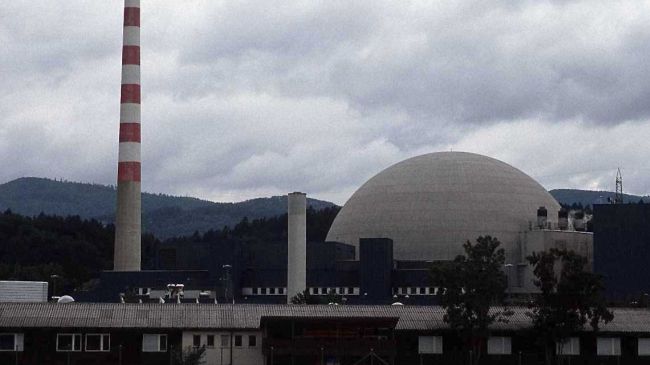Iran’s nuclear sites safe against quakes, cyber attacks: Iran official

Iran’s nuclear facilities are fully safeguarded against the most powerful earthquakes and any potential cyber attacks, head of Iran’s Environment Protection Organization (IEPO) says.
“The highest known levels of safety and environmental standards have always been observed and incorporated during construction and after the commissioning phase” of Iranian nuclear sites, Iran’s Vice President and Head the IEPO Mohammad Javad Mohammadizadeh told Reuters at the Iranian diplomatic mission in Geneva on Friday.
“Most of the energy producing utilities – including all our power plants, being hydropower or even nuclear – they do comply with the minimum of 8, up to about 10, on the Richter scale for resistance to earthquakes,” Mohammadizadeh pointed out.
The remarks come against the backdrop of a recent series of strong quakes that have struck southern Iran, near the area where Bushehr Nuclear Power Plant (NPP) is located.
A strong earthquake with a magnitude of 6.1 on the Richter scale rocked the town of Kaki, some 90 kilometers southeast of Bushehr, on April 9, at a depth of 12 kilometers. At least 37 people were killed and more than 1,050 others were injured. The quake also destroyed 3,100 houses.
Apart from natural disasters, the Iranian vice president pointed to the potential cyber threats against Iran’s infrastructural and nuclear facilities, highlighting that those facilities are well immune to likely cyber attacks.
“Obviously we have very well managed to protect ourselves from such cyber attacks in not only nuclear facilities and establishments for nuclear power production but also oil and gas and also hydropower as well as the banking network and we have very well protected our system and our information,” Mohammadizadeh said.
“We have developed locally the knowledge of counteracting such cyber attacks and we have very well mastered it,” the head of the IEPO noted.
“Up to now we have always had success in countering such attacks and we expect to continue to do so,” he added.
In late 2011, Iran launched a cyber defense headquarters tasked with preventing computer worms from breaking into or stealing data from the country’s maximum-security networks, including nuclear facilities, power plants, data centers and banks.
Last November, Iran developed software that can control the Duqu spyware. The virus, which was discovered on September 1, 2011, is a sophisticated Trojan that acts as a backdoor into a system and facilitates the theft of private intelligence.
Earlier in June 2010, Iranian officials identified another virus called Stuxnet, and averted damage to the country’s industrial sites and resources.







